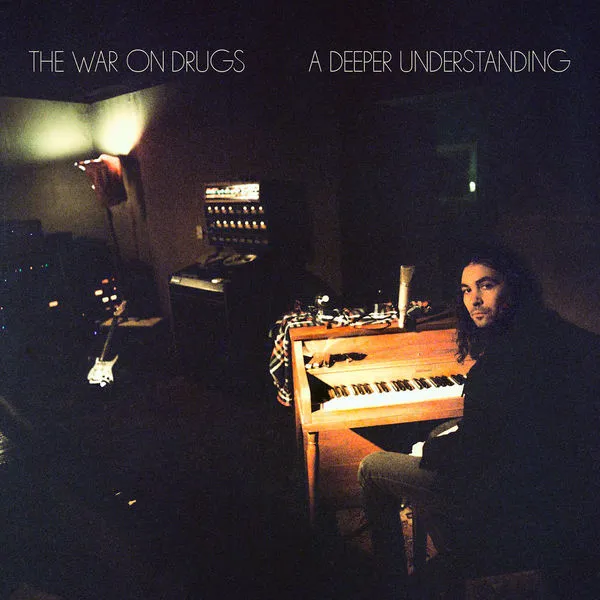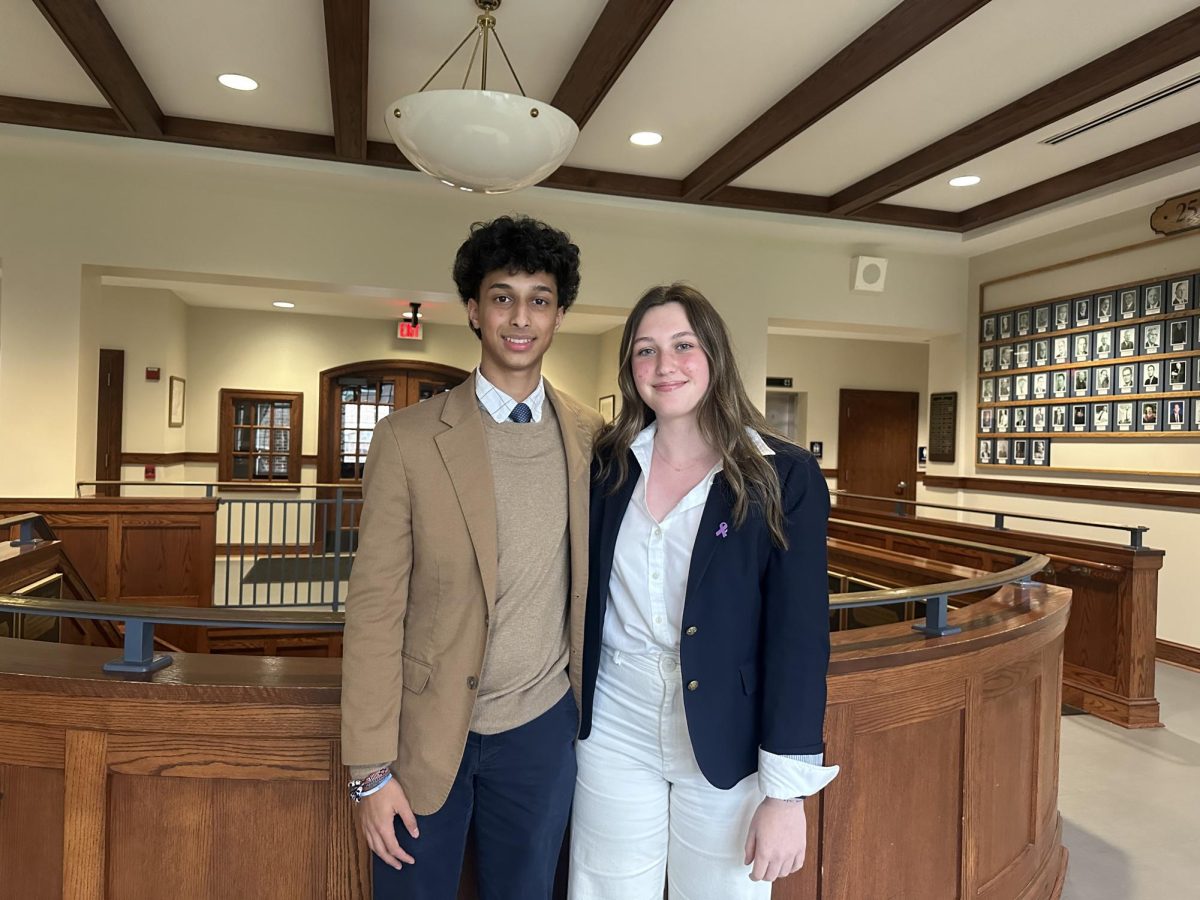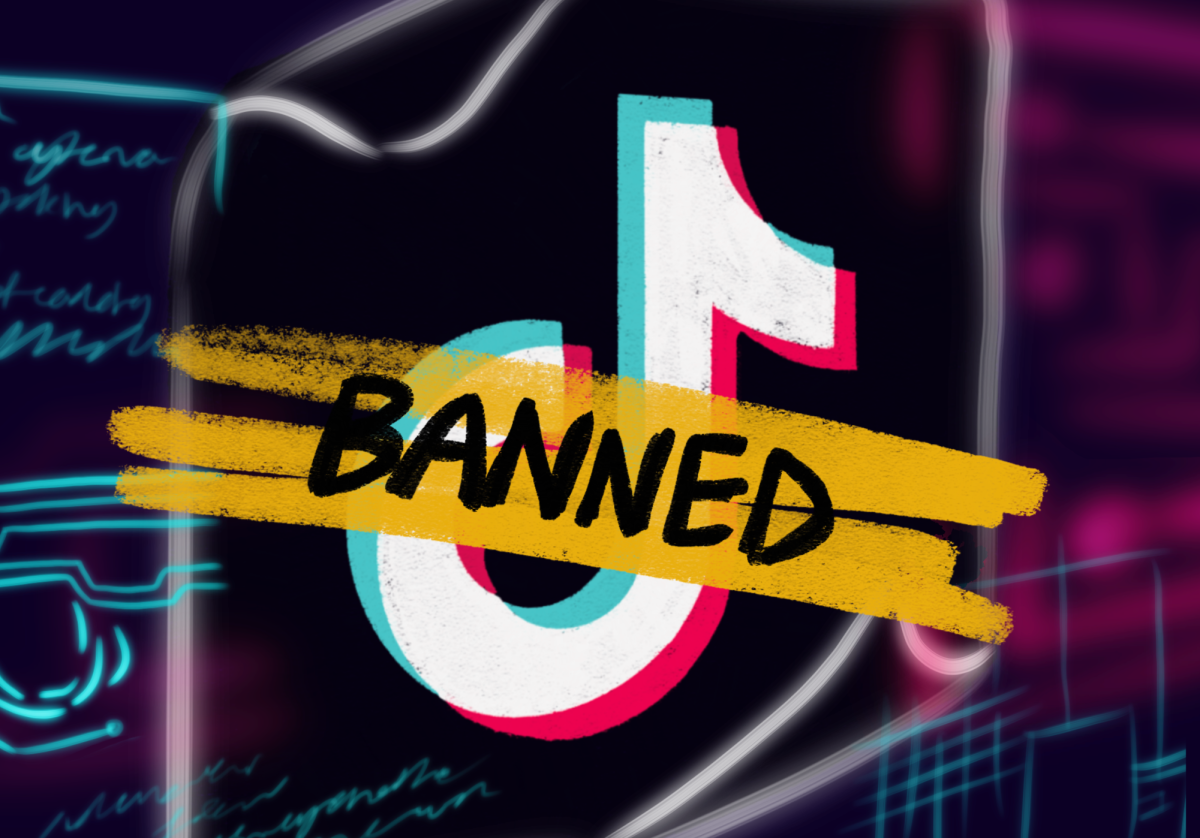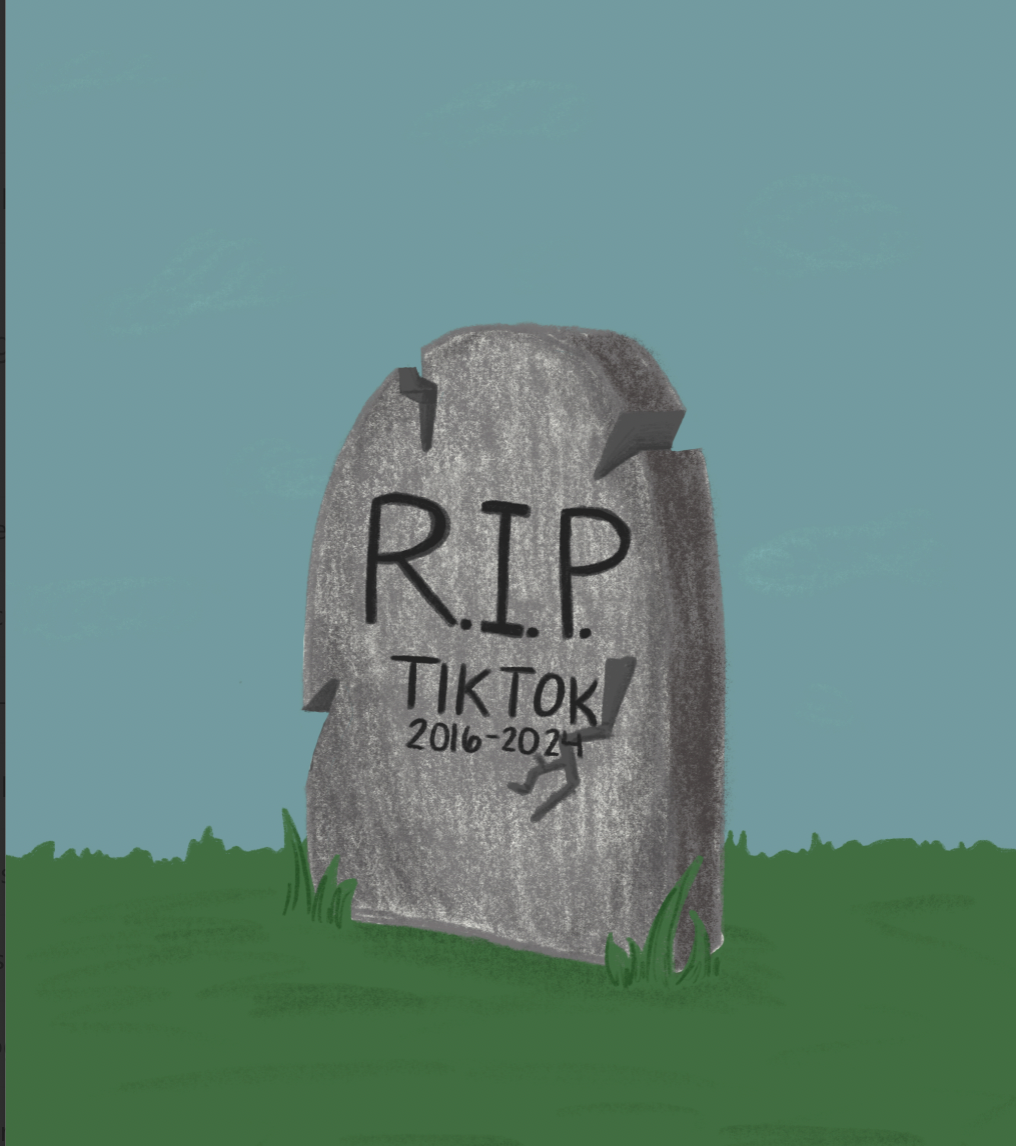Is “A Deeper Understanding” a classic in the making?

Photo courtesy of Google Images.
The War on Drugs is a genre-defying band. On “A Deeper Understanding,” the band incorporated many layers and blends of psychedelia and indie pop, with influences like Talk Talk’s famous “Laughing Stock” and Tom Petty’s “Full Moon Forever” shining through fiercely on the influence and production of the album. On “Lost in the Dream,” the band worked well to balance the psychedelia part of the sound with the country part of the project. Which Is why “I Don’t Live Here Anymore” was a shock to listen to: almost all elements of psychedelia are gone, and the indie part of their sound seems to have faded also.
“I Don’t Live Here Anymore,” for many obvious reasons, is a very different sounding album for the band. A lot of the sound weighs more to the side of the sound of country and Americana of heartland rock rather than the indie and psychedelic sound we have seen in their past projects. A lot of the songs are centered around acoustics, and the band seems to have dropped a lot of the psychedelic touches of their music. The War on Drugs has been known to have a lot of country and acoustics in the mix, so it’s no surprise to see this sound once again in their music – the surprise is to see it shine this loud. This type of sound had sort of always been in the background of the band and had stayed as more of an extra element with the indie and psychedelia shining bright on the front row; now the roles are reversed.
We also see a big change in Adam Granduciel’s vocals. Unlike past projects where we had experienced Granduciel giving a more soothing and background-like singing, we now get more upfront and loud vocals. “Living Proof” shows us how the entire song is centered around the lyrics and singing from Granduciel, as is the case with a lot of songs on the album.
Previously, the vocals tended to stay in the background, and the singing added to the atmosphere rather than being a focal point; it was more of a part of the instrumentation. We now witness Granduciel really putting himself out there front and center as he sings in a more confident way. However, he has a long way to go if he wants to continue singing this way. There are a lot of moments where I wish he would’ve been louder, quieter, or added more variations to his singing on a chorus or verse, but he doesn’t. His singing manages to stay on the same volume and the same flow throughout the entire album, which I find ironic as he is supposed to be more out there and abrasive with this new style of singing. If he would’ve added more volume and diversity to his singing, it wouldn’t be so flat as it is sometimes. “Victim” shows how much potential a song would’ve had if he would’ve simply added more complexity or volume to his singing, instead the song manages to stay flat and even repetitive sometimes.
The mixing used in this album is weird. With the new style of singing by Granduciel, and the different sounds and genres they are experimenting with, the band is forced to find an alternative on the production side of things. The mixing really brings out Granduciel’s voice both in a negative and positive way. Although the effort to bring out the vocals is appreciated, the way in which it’s done leaves something to be desired. At times, Granduciel’s voice sounds tinny, as if coming through a drive-through speaker. The song “Old Skin” gives us a perfect example of this. Although “Old Skin” is a great song, I have a tough time listening to it due to the unusual vocal sound. The same goes for “Wasted” and many other songs on the record—good songs ruined by production issues.
It is good to see the War on Drugs experimenting with their sound. Although some of these tracks miss the mark, I’m not dissatisfied with the album. It was high time they tried something new, and, while it won’t go down as an all-time great, “A Deeper Understanding” is still a pretty good project.


























